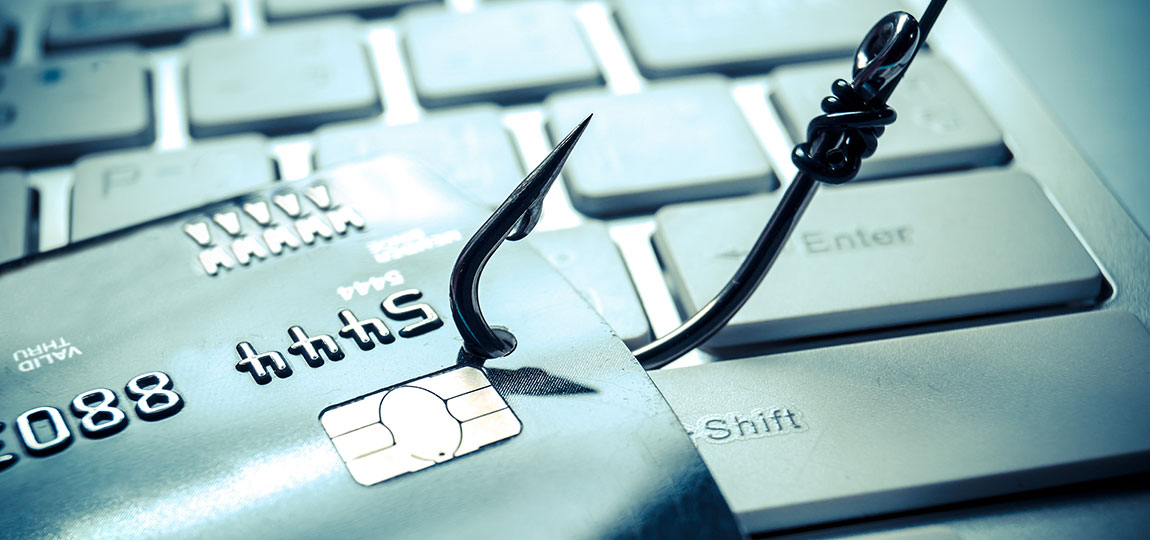Sometimes you have to think like a crook in order to fight off a crook. For instance, what runs through the mind of a cyber thief seeking an unsuspecting victim?
-
I’m looking for someone who uses the same password for several online accounts. That includes bank accounts and credit card accounts.
-
How do I figure out what that password is? Hmmm, I’ll look for clues that they put out there on social media like Facebook and Twitter. Personal information like the name of their pet or one of their children. Look, they have a dog name Fido. Then let’s try Fido123 as their password. Voila! It works!
-
Now, let’s see if their home Wi-Fi is password protected. If I can get into their network without a password, I can then check if their computer has anti-virus software.
-
OK, I have access to their bank account. But I’m not going to clean it out right away. I’ll make a small purchase here and there to see if they’re checking their account regularly. And if they’re not, I’m going to go for the big score!
If any of this strikes close to home, then it’s time to strengthen your cyber defenses. You can do that by following these tips by cyber security experts:
-
Use a different password for each online account you have, and change it frequently. Each password should include a combination of letters, numbers, and symbols.
-
Don’t share passwords with others, even if it’s a friend or a family member.
-
Avoid using personal information when selecting passwords or answers to security questions, especially if this information can be easily found by others online, such as on your Facebook page.
-
Don’t save passwords on your computer, tablet or smart phone. Instead, put pen to paper and write them down on a note pad or in a journal. There is also password management software designed specifically to keep track of your passwords.
-
Password-protect your desktop computer, laptop, tablet and mobile phone, as well as your Wi-Fi service at home.
-
Monitor your bank account online at least once a week. Do the same for credit card and debit card activity, especially if you use your cards on a regular basis.
-
If you discover suspicious or unauthorized charges in one or more of your accounts, contact the affected financial institutions immediately. Note that a popular tactic of cyber thieves is to “sneak” small transactions by victims to see if they’re paying attention to their account activity. If they see those transactions going undetected, they’ll swoop in to make major purchases that could have a significant financial impact.
-
Install anti-virus software on your computer and keep it up to date. This is especially important if you do a lot of transactions online, such as buying items or services. And avoid making purchases on sites you’re unfamiliar with.
-
Log off or turn off your computer when you’re not using it. And close your browser and sensitive apps before going offline.
-
Don’t open e-mails or attachments from suspicious or unknown sources. These are typical approaches used by cyber crooks to gain access to information on your computer or take control of it. The same goes for links that are in e-mails. Unless you know for sure where those links are going to take you, don’t click on them.
-
Never access your financial institution’s website for online banking or to make credit card payments from a public computer at a hotel, library, coffee house or other public wireless access point.
No matter if you’re on your smart phone, computer or tablet, always be alert and on guard against cyber criminals.
